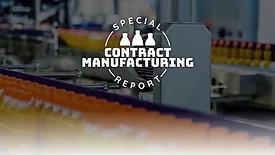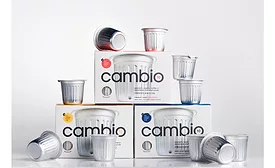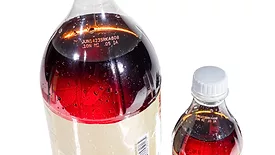Home » sustainable packaging
Articles Tagged with ''sustainable packaging''
Sustainability, pop culture partnerships motivate this year’s top selections
Read More
Co-packing helps advance beverage innovation
Contract manufacturers invest in facilities to support evolving beverage needs
December 4, 2024
Carton, pouches and bag-in-box answer calls for sustainability
Alcohol, non-alcohol beverage categories see value in sustainable packaging formats
September 25, 2024
Packaging Equipment: Coding Technology
Beverage packaging providers utilize latest technology
Both print and laser systems aim to innovate, meet sustainability goals
July 24, 2024
Better for All launches Brand Ambassador Program, eCommerce store
Ambassador candidates include students attending colleges and universities, creators and influencers
July 17, 2024
Chlorophyll Water offers multitude of potential health benefits
Brand gains momentum as consumers seek more from their beverages and prioritize sustainability
July 8, 2024
Palletizing, depalletizing equipment drives efficiencies in warehouses
Rise in co-packing and sustainability goals impact equipment
July 1, 2024
Elevate your expertise in the beverage marketplace with unparalleled insights and connections.
Join thousands of beverage professionals today. Shouldn’t you know what they know?
JOIN NOW!Copyright ©2026. All Rights Reserved BNP Media.
Design, CMS, Hosting & Web Development :: ePublishing












